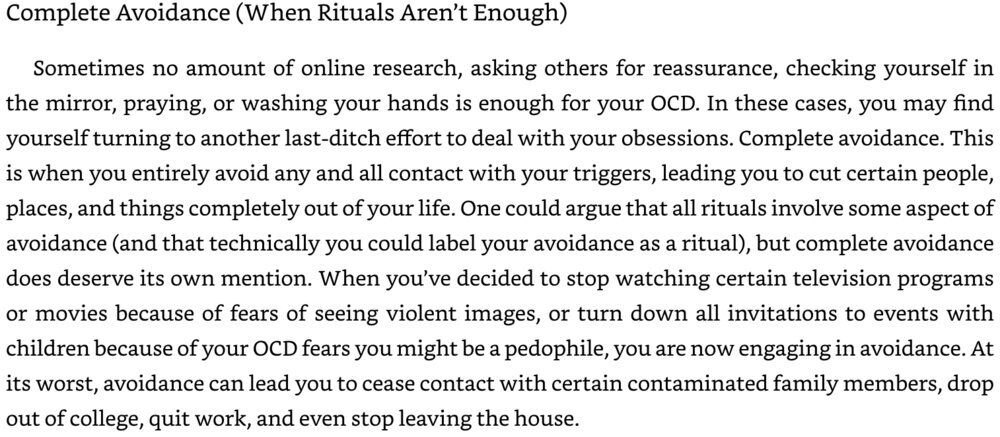
Prof. Reuven Dar: A New Outlook on OCD, How It Differs from OCPD, and Why Internal Awareness Matters
Conversations that go beyond the everyday, where psychology researchers, scientists, and cultural revolutionaries share their insights to help you become everything you’re meant to be. Hosted by Roni Firon Fouks.
 www.thebiggerpicturepod.com
www.thebiggerpicturepod.com
What drives someone to compulsive behavior? How is our ability to identify our own internal states related?
In today’s episode, I spoke with Prof. Reuven Dar, a clinical psychologist and researcher, who studies OCD. Ruvi and his colleagues have developed a model that approaches OCD in a different way from the mainstream consensus. They’ve come up with a framework for OCD called “Seeking Proxies for Internal States”. The idea behind this is that individuals suffering from OCD have a harder time accessing their own internal states. And in order to deal with this, they seek proxies, or things that are external to them, in order to gauge what exactly their internal states are.
This is quite a different way of looking at OCD, and it shines a light on the difficulties that these individuals often experience when trying to understand what exactly they themselves are feeling. And so their ritualized and compulsive behavior become these kinds of external crutches that help them gain more certainty around their uncertain evaluations of their own internal worlds.
We talked about the different symptoms of OCD and how they can manifest on a spectrum. One of the important notes that came from this was that, like other psychological disorders, a diagnosis of OCD is only made when the symptoms are truly interfering with the individual’s life, functioning, and well-being.
Ruvi and his colleagues have done something that I particularly admire. They’ve looked at a certain accepted consensus and said “we’re not quite sure it’s accurate”. When ideas are widely accepted in any field in science, it’s hard to reopen that area of inquiry for further examination and to perhaps reevaluate certain things that were held to be true. Any endeavor that takes a second look at things with fresh eyes is a laudable step towards the pursuit of truth and is in my opinion, embodying the true spirit of science.
Last edited:




